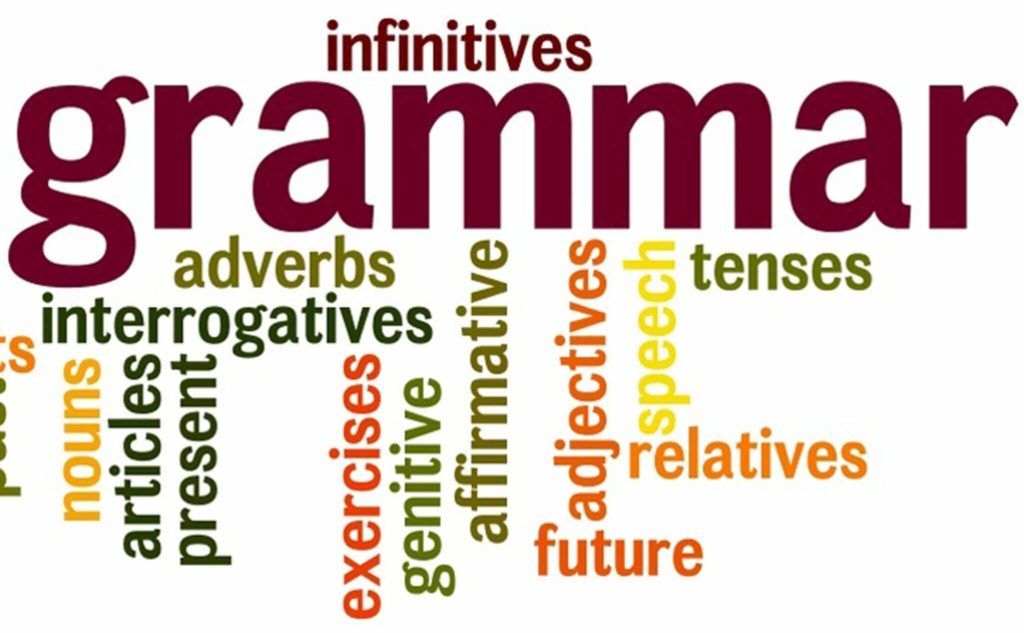

Business English, sometimes referred to as English for business or business communication, is a form of learning English with the aim of enhancing the English language skills necessary to communicate in a work or business environment.
Students who embark on a business English or business communication course, can expect to learn English language which helps them to improve their communication at work. Generally, these skills include email writing, report generating, making presentations, participating in business meetings, telephone conversations, and interactions with customers. This is referred to as “functional language”. The other part of business English is the “Vocabulary” which is often specialised, and not immediately understood by a non-native speaker. Advanced business terms like ‘oligopoly’ and ‘brand awareness’ rarely come up in general English courses but might be necessary for advanced business communication.
Business English is also changing with the evolving role of English in the world. The language is increasingly used as a lingua franca, and this is driving change with the focus now being more on successful communication than striving towards the pronunciation of a particular accent. This change is also reflected in course materials with blended learning bringing more of a focus on technology, self-study, and online courses.
Technological changes also mean more of a focus on email and instant messaging skills as opposed to more traditional forms of correspondence. This has meant that, as with the main English proficiency tests, many older texts and materials now seem dated or old-fashioned.
Business English courses should reflect the workplace needs of modern-day professionals:

Unsurprisingly, most modern business English courses include a heavy focus on email writing as this is arguably the key medium of written communication in the modern business world. A good business English course should recognise the difficulty students face in writing emails confidently and accurately. The accuracy and tone of emails are paramount as the target audience may often be a line manager or prospective client or employer. There are also many different types of business email. For example, internal and external emails can be very different in terms of tone, register, and style. Writing an email to a colleague in the same location is often much less formal than an internal email to a colleague overseas as distance often adds to the formality. In addition, there are many different functions which need to be taught (requesting, apologising, applying, selling, complaining, etc.).

Many students approach language centres saying that they only want conversation. Whilst speaking practice with native speakers is one of the most effective ways to improve your business English, lessons should still have a clear focus with overt learning objectives. This should include vocabulary in the form of key phrases as well as grammar. However, these sections can be kept fairly brief and accompanied by conversation classes with the focus on putting the students in realistic workplace situations where they need to use their business English.

Modern professionals often spend much of their time communicating with colleagues or clients over the telephone. These conversations are often high stakes and may result in positive or negative results depending on the speaker’s business English communication skills.
Large numbers of people these days spend the majority of their working time communicating over the phone, and they may benefit most from a course specifically designed to teach them the necessary skills. A well-equipped language centre will have the people and resources to put together a course specifically designed to teach business English for telephony. This is particularly useful for salespeople, help desk staff, and anyone working in a call centre.

Public speaking in a foreign language can strike fear into the hearts of those who’ve forgotten the grammar lessons of their school years. Delivering a confident presentation is difficult enough without having to worry about using the correct grammar and vocabulary. The best English for presentations or English for public speaking courses help to build the students confidence while also improving their language. These training programs should include real public speaking practice where the students have a chance to test their skills in a realistic situation. Courses should cover body language, visual aids, presentation structure, and effective phrases to ensure students can deliver hard-hitting business presentations.

Frequently, meetings are where the most important decisions are made, and revolutionary new ideas and practices are recognised. Standing out in meetings can change a person’s career for the better, resulting in more responsibility, pay rises, and even promotion. An English for Specific Purposes course focused on language for meetings can really help an employee to get noticed. Students frequently complain that they often have the best ideas but are too anxious about their English to express themselves in front of large numbers of people. A well-designed English for Meetings class can help them address these concerns. Some of the key skills can include: interrupting people politely, tactfully disagreeing, praising other people’s comments, and confidently presenting new ideas.

A good business English course should help students to improve their English grammar. A competent command of English grammar is important as it helps students speak and write with confidence. Business English grammar should focus on the element’s students are most likely to face in the workplace. It should be taught in an authentic workplace context, with practice activities designed to mimic real business situations. This authentic practice will help students to recognise the benefits as well as to apply the lessons more quickly in their everyday working lives. A practical example of this kind of grammar lesson would be teaching the present continuous for future arrangements by getting students to discuss meeting arrangements and timetables. An information gap activity is the ideal example, with two students discussing and filling the missing data in their respective timetables over an imaginary phone call.